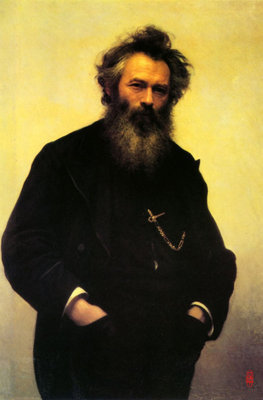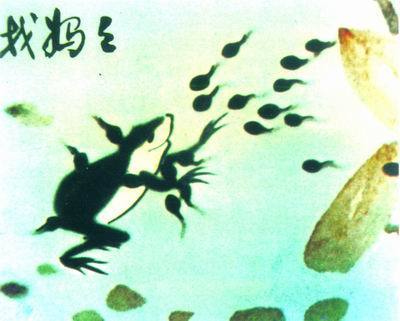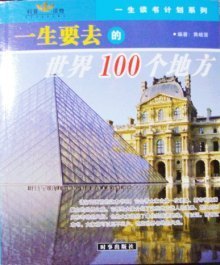According to accurate statistics drawn by the Europeans, of all words absorbed into English since 1994, Chinese English makes a contribution of 5%-20% and surpasses all other sources.
据欧洲人的精确统计,自94年来自中文的外来词占到英语中外来词总数的5%—20%,比例高于所有其他语种。
Like such unique terms as Confucius, kung fu, mahjong and tofu, we will choose another ten words which carry the temperament of China and influence the contemporary life in the world.
像“孔子”“功夫”“麻将”和“豆腐”一样,以下选出了具有中国“气质”并在世界范围内深深影响了现代生活的10个中国词:
1. Sichou - silk
China is a major sericulture country and the homeland of silk.
丝绸:silk
中国是一个养蚕大国,也是丝绸之乡。
2. Cha - tea
The word "tea" is borrowed from southern Fujian dialect.
茶:tea
这个词来自福建南部的方言。
十个影响世界的“中国”外来词(爱华阅读配图)
3. Shi Wai Tao Yuan - Shangrila (Xanadu)
Shangrila and Xanadu are near synonyms for the Chinese word "Shi Wai Tao Yuan"
世外桃源:Shangrila or Xanadu
“香格里拉”和“仙那度”都是世外桃源的同义词。
4. Feng Shui - Feng Shui
Feng Shui is a transliterated word that is imbued with the collective wisdom of ancient Chinese people in arranging houses for the living and cemeteries for the dead.

风水:Feng Shui
Feng Shui是个直译词,是中国古人安排住宅、坟墓的一种智慧。
5. Cha Dian - dim sum
From its pronunciation we can see that dim sum is a word from Fujian and Guangdong dialects.
茶点:dim sum
从这个词的发音可以知道它来源于福建、广东一带的方言。
6. Zou Gou - running dogs
The Chinese English word is a right word for a servile follower.
走狗:running dogs
意为顺从的追随者。
7. Zhi Laohu - paper tiger
The word was created by Mao Zedong, a great national hero.
纸老虎:paper tiger
这是民族英雄毛泽东造出的一个词。
8. Yin Yang - yin-yang
Yin and yang, the two opposing principles in nature,the former feminine and negative and the latter masculine and positive.
阴阳的概念,源自古代中国人民的自然观。古人观察到自然界中各种对立又相联的大自然现象,如天地、日月、昼夜、寒暑、男女、上下等,以哲学的思想方式,归纳出“阴阳”的概念。
9. Kou Tou - kowtow
Former Chinese custom of touching the ground with the forehead as a sign of respect or submission.
古代中国的一种习俗,用额头接触地面以表达尊敬与服从。
10. Xiaofei, Shangqian - Cumshaw
The word is transliterated from the word "thanks" in the southern Fujian dialect.
小费,赏钱:Cumshaw
这个词是从福建方言中的“谢谢”直译过来的。
 爱华网
爱华网


